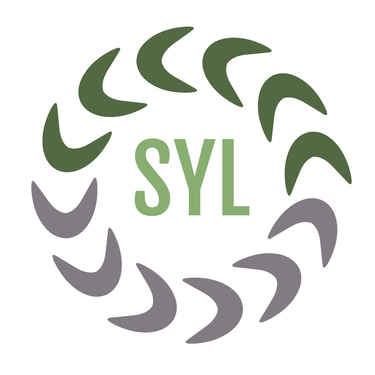Youth Will be Free
Youth Will be Free. Generate a positive Mediterranean network of inclusion risk and rehabilitation of youth at risk


Youth Will be Free
Funded by the European Union. Views and opinions expressed are however those of the author(s) only and do not necessarily reflect those of the European Union or the European Education and Culture Executive Agency (EACEA). Neither the European Union nor EACEA can be held responsible for them.
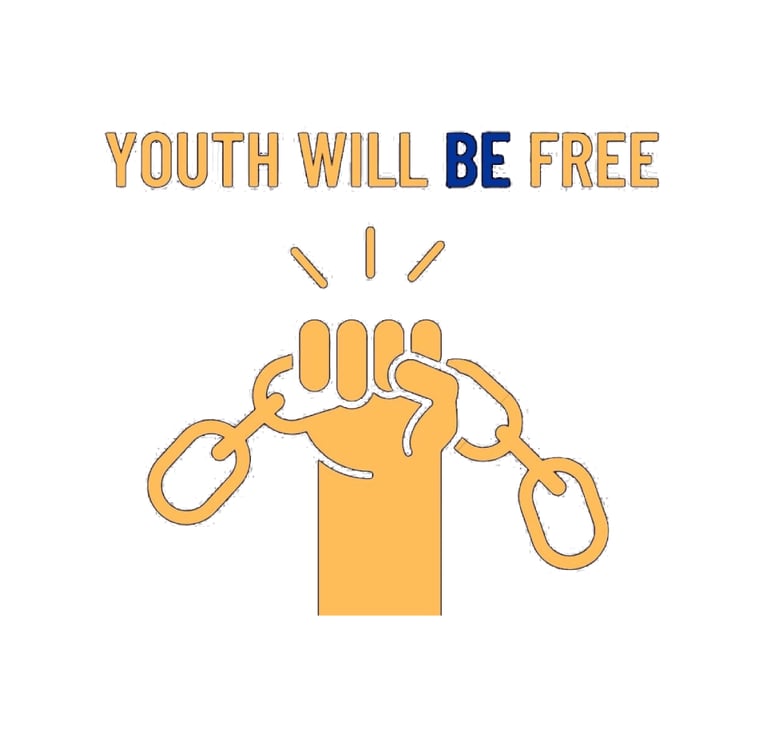

About the Project
The project You(th) will be Free aims to enhance the quality of youthwork in the MENA (Middle East and North Africa) countries so it can become a tool for social rehabilitation for young former inmates or youth at high risk of criminality, offering them the opportunity to pursue a career as socio-educational animators and thus find dignified employment.
It will focus on three specific objectives:
Enhancing the specific skills of 24 socio-educational animators from the 8 partnership associations in psychology, deviant pedagogy, and cultural mediation.
Introducing the profession of socio-educational animator, its objectives, career prospects, and necessary skills and competencies to young former inmates or those at high risk of criminality from the Mediterranean and MENA regions.
Developing a pilot training program for 9 young former inmates to become youth workers and role models, empowering them to train other young people and so on. This pilot program will be replicated, on a smaller scale, in all partnership countries, involving 30 young people from 8 different countries (Italy, Greece, Malta, North Macedonia, Syria, Jordan, Egypt, Tunisia).
The project activities will include
A training course for trainers.
A workshop for young former inmates and youth at high risk of criminality.
A training course and job shadowing for former inmates to start them on the path to becoming youth workers.
The project outputs will be:
A specific manual for youth workers on training young people at high risk of criminality.
A report on the role of the youth worker in MENA countries.
A scalable and replicable training pathway in various contexts.
Kick off Meeting
The meeting, attended by 14 participants (two from each association), was initially planned to be held in Cairo but was moved to the Zoom platform due to logistical issues. The session began with an overview of the project objectives, timelines, and deliverables, followed by discussions on visual identity, dissemination channels, and financial and reporting guidelines. One key focus was Activity T2.2—the research on good practices in youth work as a tool for inclusion for socially excluded groups, including ex-prisoners, individuals affected by substance abuse, and youth from challenging family backgrounds.
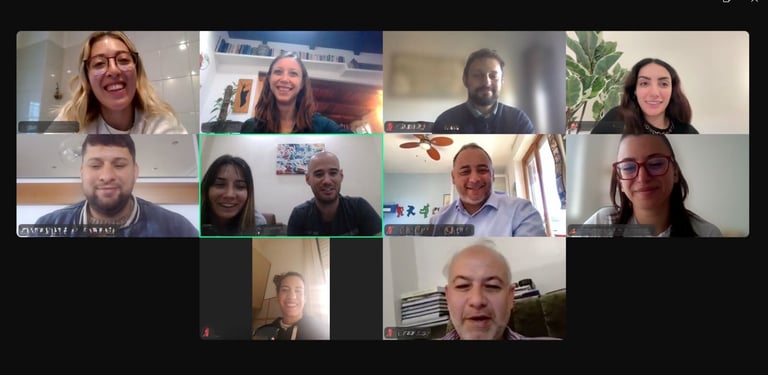

After introducing themselves and their organizational goals, the partners agreed on a dissemination plan that includes both online and offline channels such as social media platforms, newsletters, events, and training sessions. All dissemination materials will include the project and European Commission logos and acknowledge the Commission as the funding source.
The session concluded with the presentation of preliminary findings from the T2.2 research, highlighting the definition of youth work, key soft skills for effective youth engagement, and successful inclusion strategies. These insights will serve as the foundation for the next meeting in Amman, where youth workers will undergo training to refine their educational approaches and draft general guidelines in the socio-educational field (D2.1), which are essential for implementing WP3 activities. This marks an important step toward improving youth work and increasing social inclusion across the Mediterranean region
Training for Youth Workers in Amman:
A Transformative Experience
This impactful training course brought together 26 dedicated youth workers with a shared mission: enhancing competencies for the inclusion of young ex-detainees and those at risk of criminal involvement. The training focused on exchanging best practices and research findings, with participants engaging in dynamic discussions led by three experts and a facilitator. They collaboratively compiled a detailed list of essential soft skills for both youth workers and the target groups and drafted the Guidelines for the Inclusion of Young Ex-Detainees and At-Risk Youth in training activities.
The session concluded with the creation of the Ideal Candidate Profile for future inclusion programs and the official drafting of the Call for Expressions of Interest for the next phase of the project. The training also included hands-on, experiential learning, where participants focused on psychology, pedagogy of deviance, and cultural mediation.
Through role-model exercises and real-life scenario simulations, youth workers gained deeper insights into the challenges faced by marginalized youth and explored effective approaches to addressing them. This training marks a significant step toward building a more inclusive and supportive environment for young ex-detainees and at-risk youth, equipping youth workers with the tools and strategies needed to foster meaningful change.
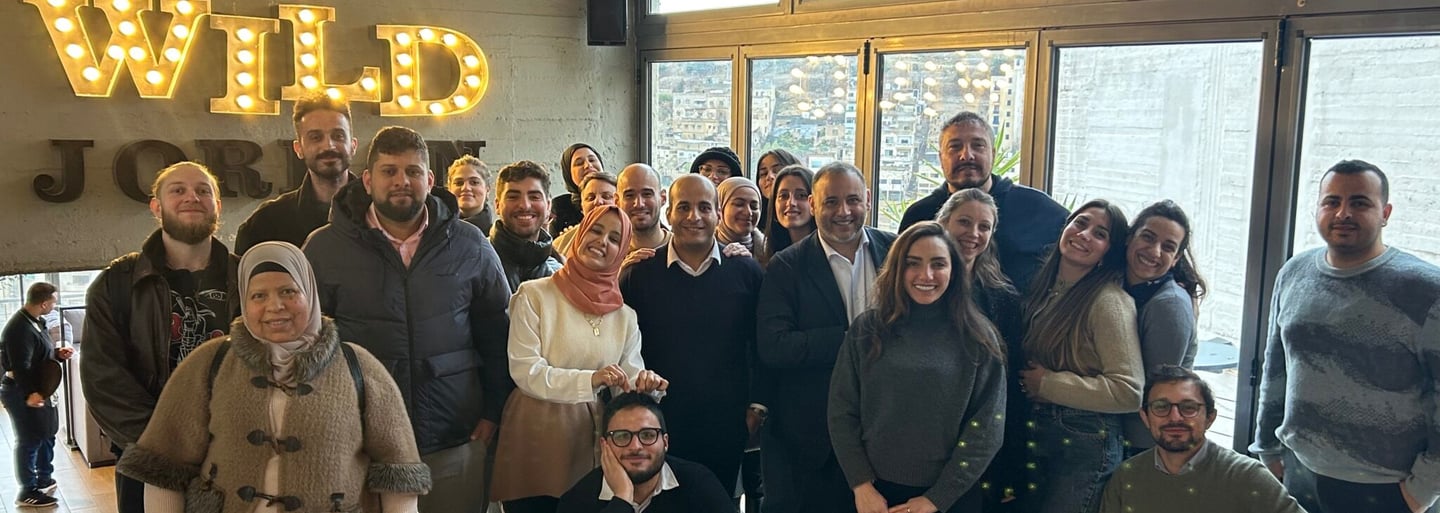

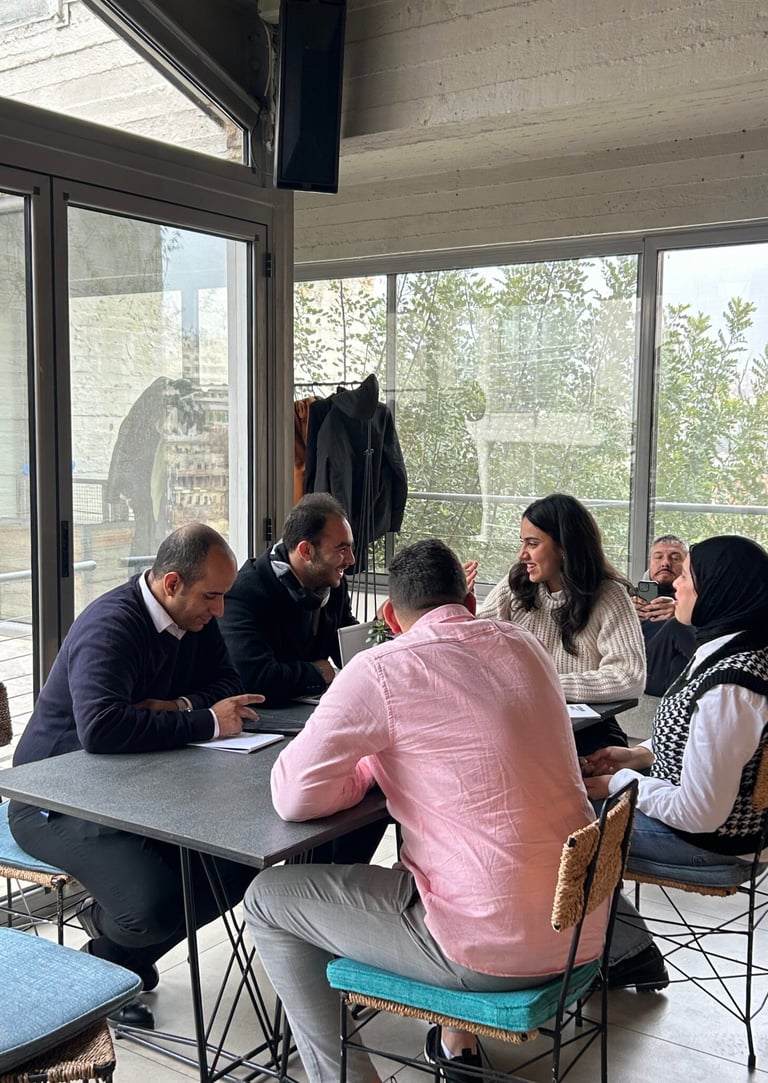

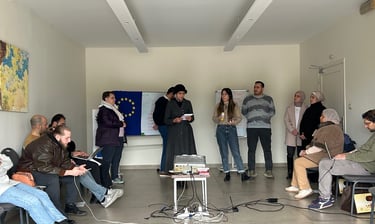

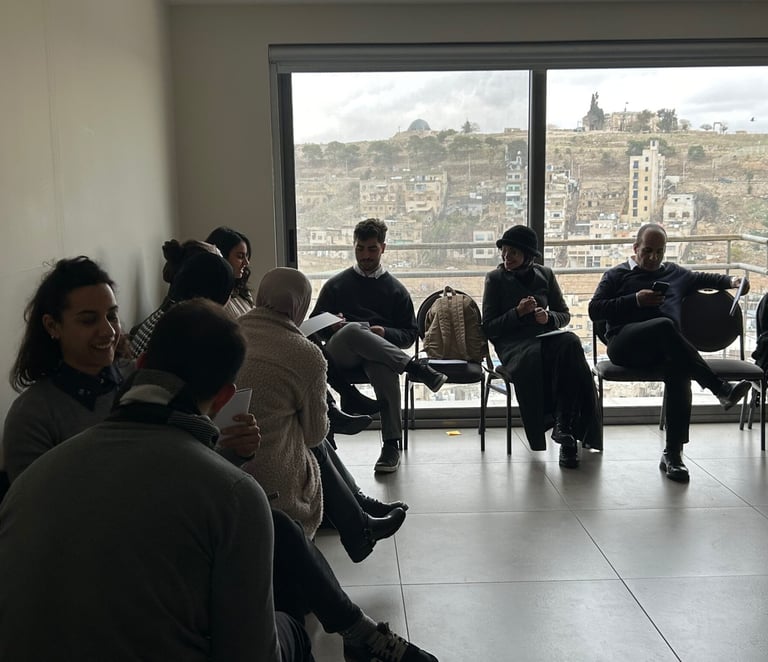

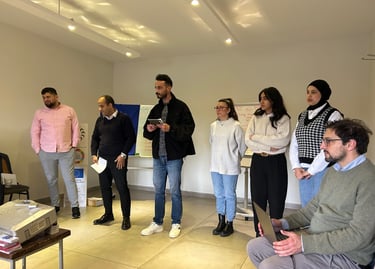

Get in Touch with us for Youth Will be Free Project
We are excited to hear from you about our project. Please reach out with any questions or feedback you may have.
